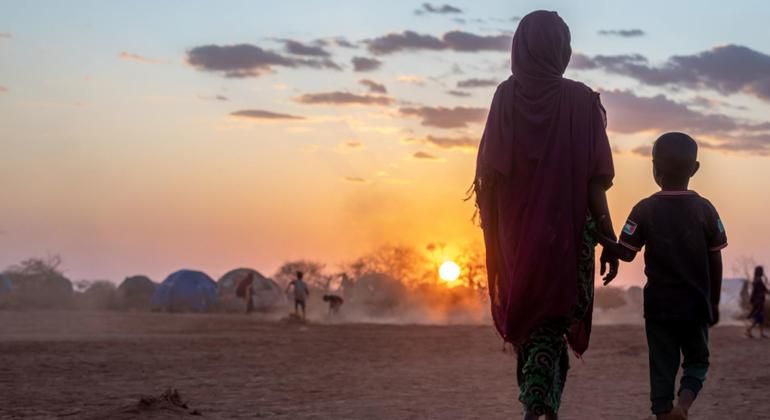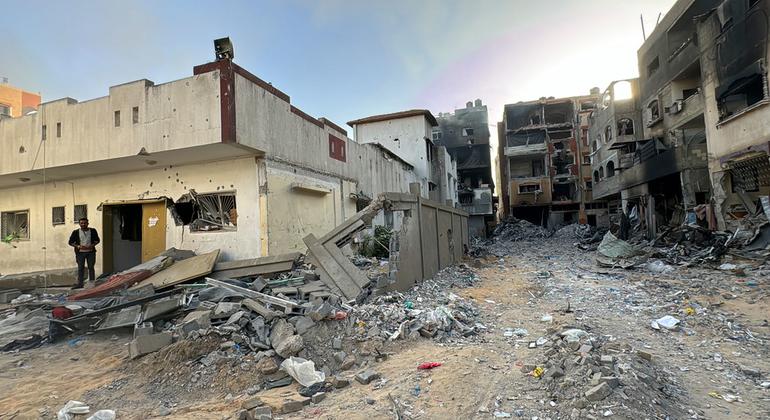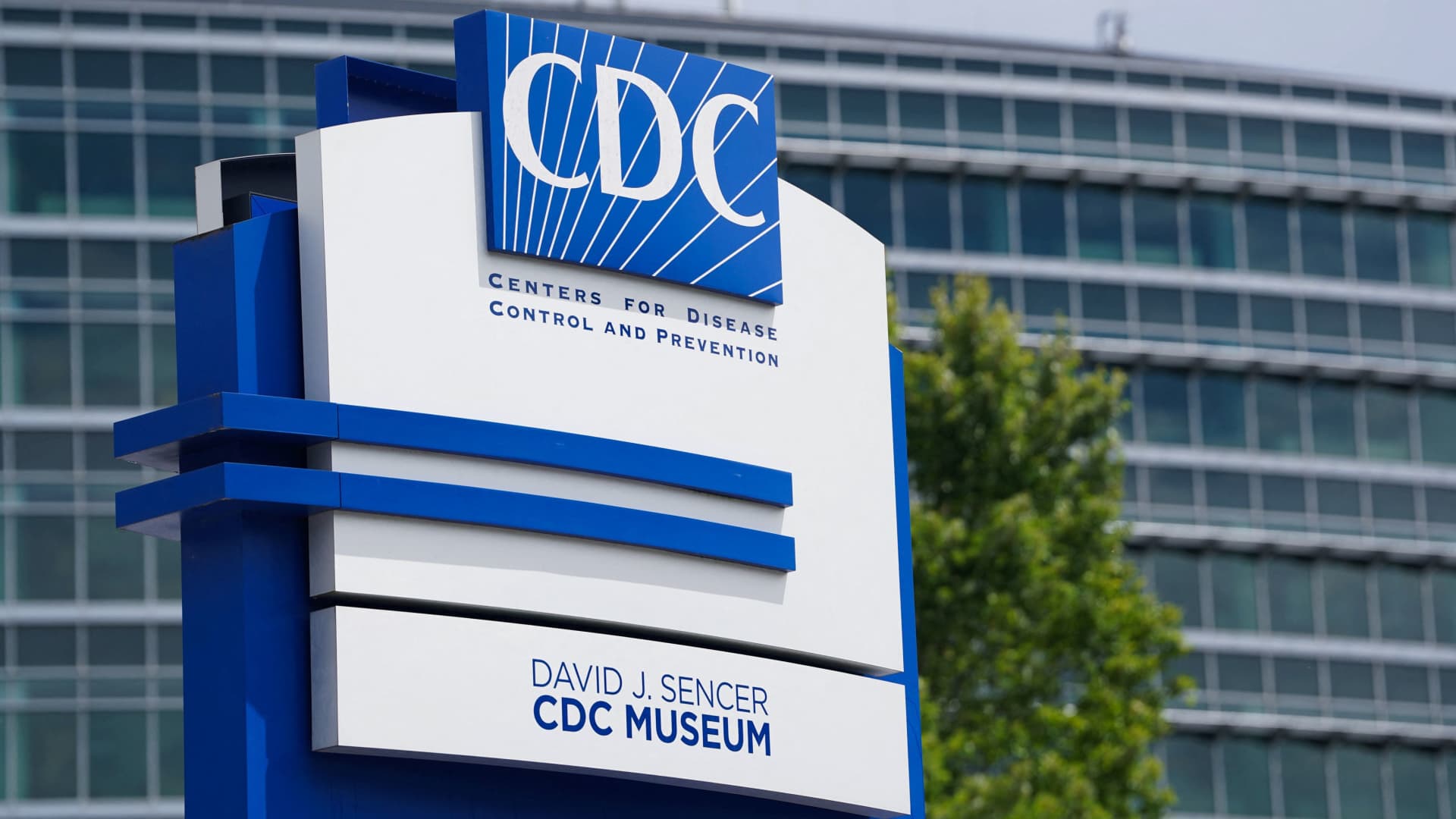Migrants and other marginalized and highly mobile populations, including those uprooted from their homes by natural emergencies and conflicts, are much more prone to infection due to poor living conditions and the “significant barriers” that many people often encounter when seeking help, explained the International Organization for Migration.
“The spread of mpox in the east, the Horn of Africa and southern Africa is a serious concernespecially for vulnerable migrants, highly mobile populations and displaced communities Often overlooked in such crises“We must act quickly to protect those most at risk and mitigate the impact of this outbreak in the region,” said Amy Pope, IOM Director General.
Migration center
Mpox has affected people in the African region for more than a decade, the UN agency said, noting that The Horn of Africa, Eastern and Southern Africa region hosts 12.2 million international migrants, almost half of all migrants in Africa..
Highlighting data from the United Nations World Health Organization (WHO), IOM noted that as of August 8, Of the 12 African countries that reported an outbreak, six were in those regions. Since July, new cases have emerged in Kenya, Burundi, Rwanda and Uganda, countries that had previously been unaffected., and cross-border infection is cited as a factor in the spread of the disease.
IOM’s appeal for 13 countries – Burundi, the Democratic Republic of the Congo (DRC), Eswatini, Kenya, Malawi, Mozambique, Rwanda, South Africa, South Sudan, Tanzania, Uganda, Zambia and Zimbabwe – aims to support infection prevention, control and response measures, particularly at border crossings. It will help fund awareness-raising activities among migrant and host communities, as well as internally displaced persons.
“This preparedness and response plan aims to to prepare for and respond to the anticipated increase in Mpox cases and mitigate the spread and the likely negative impacts of the spread of the virus throughout the region,” the UN agency said.
Focus of the disease
IOM highlighted the role of the region as a “center of origin, destination and transit” for migrants could hamper disease prevention, adding that plans were in place to further strengthen the capacity of national health workers and frontline responders, while enabling the identification of high-risk areas to ensure effective monitoring of the disease and reduce its spread from one country to another.
“Vulnerable populations, such as migrants and internally displaced persons affected by MPOX, or at risk of being affected, must receive the necessary medical care and protection, particularly in regions where access to such services is limited and where there are high numbers of migrants and displaced populations,” IOM said in a statement.
International health threat
The UN agency's announcement comes a week after the World Health Organization (WHO) declared mpox a public health emergency of international concern, following the rapid spread of a new strain of the disease known as clade 1b from eastern Democratic Republic of Congo.
Clade 1b is transmitted primarily through sexual contact, although the WHO said Tuesday that more research is needed into other potential modes of infection from the blisters associated with the disease, such as contaminated bedding.
The latest WHO data indicate More than 15,000 suspected cases in the Democratic Republic of Congo, including 537 deaths so farThe worldwide total of mpox cases is more than 100,000.
The disease is known to be transmitted from animals to humans and spreads through close contact with infected people or animals via respiratory droplets, blood, body fluids or injuries. Symptoms include fever, rash, headaches, sore throat, muscle aches, swollen lymph nodes and back pain.
Here's our UN News explanation of the key facts you need to know about mpox.












